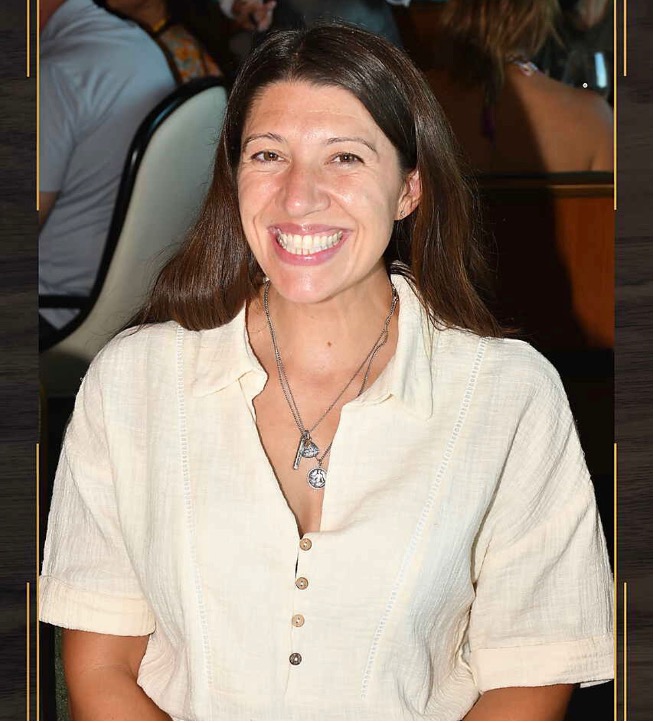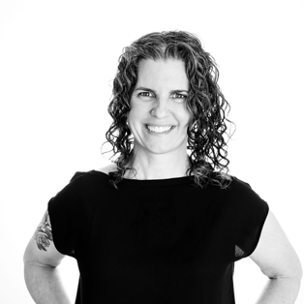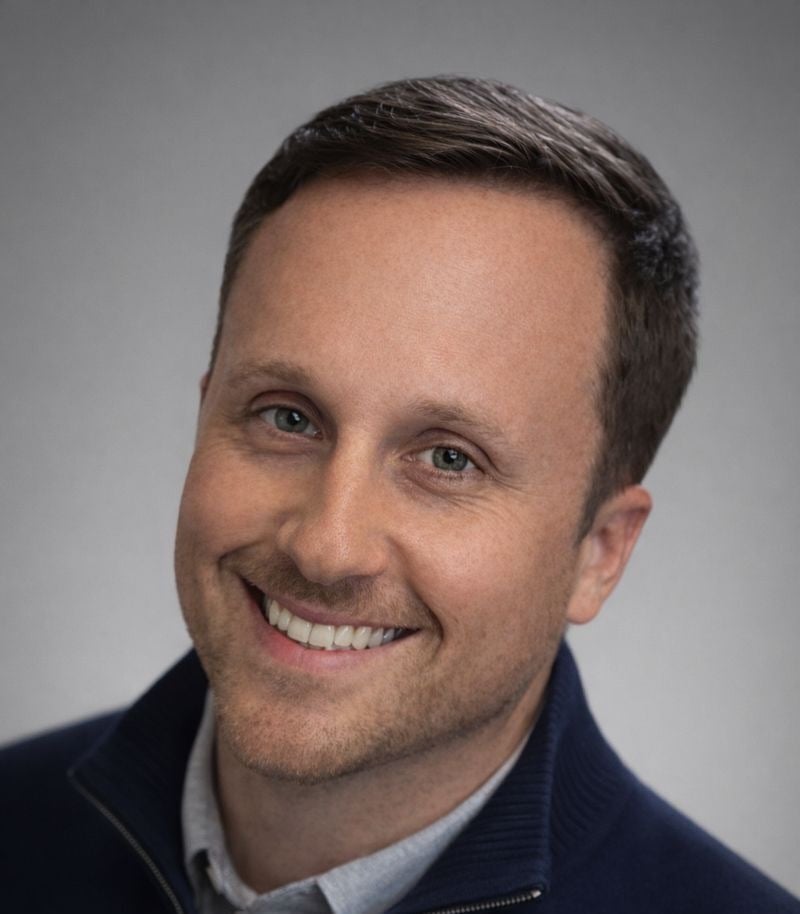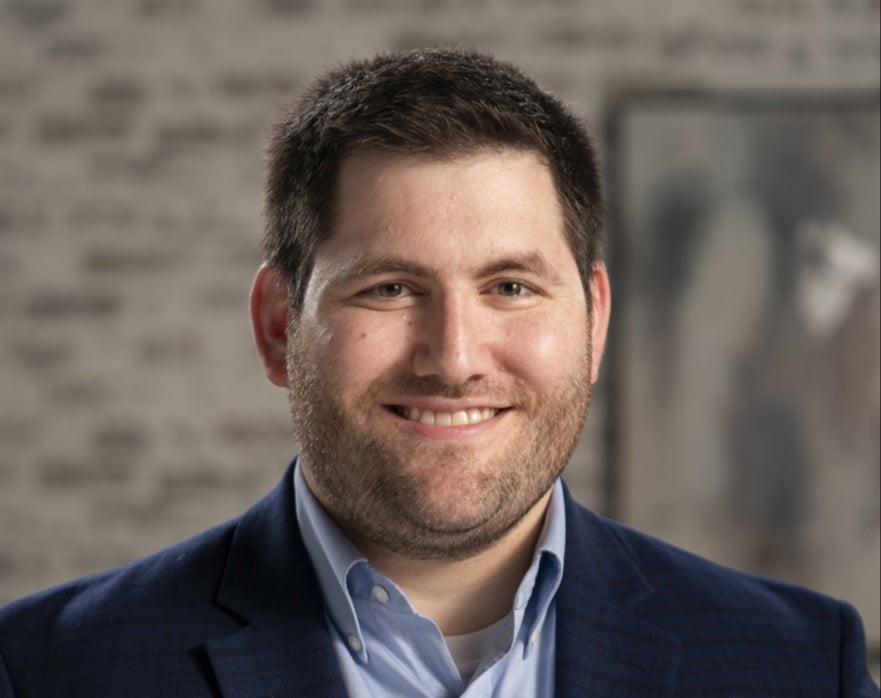Clinicians Are Only Human

Recently, one of my primary care patients sent me a routine question through the electronic medical record, asking when they should get a specific blood test to guide their medication dosing. When an hour went by and I hadn’t responded, my patient called the front desk of our clinic to ask the question over the phone and inquire why I hadn’t written back. They also wrote me another message, voicing their disappointment that I hadn’t responded to their question right away.
The Weight of Expectations
This one small story reveals larger truths about how our patients view us as clinicians. No matter which clinical setting we work in, our patients—and society—place certain expectations on us. We must respond immediately to all questions, even non-urgent ones. We must have all the answers and be available and professional at all times. We must provide the perfect treatment at the perfect moment without any side effects.
All Figured Out
Many of us in health care place equally high expectations on ourselves. From the outset of our careers, we believe we must have a clear and unchanging vision of our professional journey. If we change course, we wonder if something is wrong with us.
Perfect At Work, Perfect At Home
We allow patients and colleagues alike to cross our professional boundaries because we feel as though we can’t possibly say “no.” We respond to our patients’ questions while we’re on vacation. We log in to the EMR on Sunday night to chip away at the mountain of messages awaiting us on Monday morning.
In our home lives, we do our best to be present, attentive partners and parents, attending every dance recital or baseball game. But underneath the surface, we may be barely holding it all together. We’re quick to snap at our loved ones at the end of a long day (or night) of grueling clinical work.
Humor as a Coping Mechanism
And if we turn to humor, even gallows humor, to process the traumas and tragedies we see in our workplaces, we wonder if we’re crossing a line of some kind. If we’re being unprofessional.
While we are often seen as superheroes, we’re also the first to bear the brunt of patient dissatisfaction—from the location of the clinic parking lot to insurance denials. Is it any wonder that burnout and attrition rates in healthcare are at an all-time high?
Only Human
Recent years have underscored a simple truth: clinicians are human—complex, flawed, and doing our best in a challenging system.
It turns out that patients and clinicians have so much more in common than the healthcare system would have us believe. We want the same thing: for the patient to feel happy and healthy. But in the daily churn and grind, we become exhausted and lose sight of all we have in common. Patients and clinicians turn on each other. Maybe reminding ourselves - and even our patients - that we, too, are only human can bridge this divide.
Real Clinician Stories, Unfiltered
We at Hippo Education wanted to explore all the things that clinicians think and feel—but don’t always say—about working in medicine. So we created a special audio mini-series called “Only Human: Real Clinician Stories, Unfiltered.” In this series, your favorite voices at Hippo Education bring you personal stories, surprising insights, and expert tips to make life in medicine a little easier, brighter, and less lonely. We must acknowledge our humanity, celebrate it, and place it front and center.
Whether it’s finding our true calling in medicine, setting healthy work boundaries, balancing clinical duties with family life, or laughing through the chaos, we’re rethinking the myth of clinician infallibility and normalizing the messy imperfections of our actual lives. We invite you to listen to these stories, reflect on your own experiences, and share them with us. After all, we are all only human.
Practice-Changing Education
Experience education that goes beyond theory. Explore Hippo Education’s offerings below.






.png)


